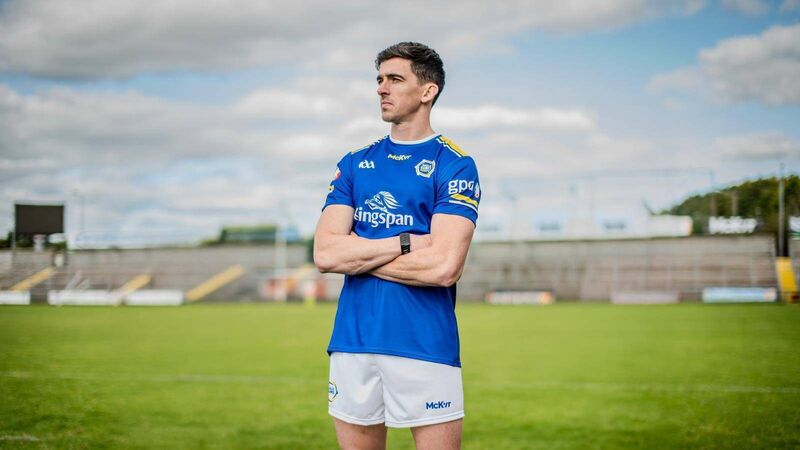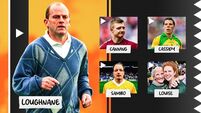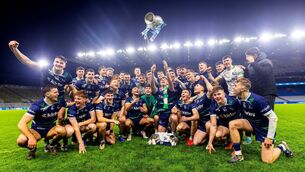Armagh hero Grugan off to France to teach the natives football

Bon Voyage: Armagh footballer Rory Grugan will spend 10 weeks coaching Gaelic football across France as part of a novel project led by Gaelic Games Europe, and supported by the GPA, Kingspan, and McKvr.
Armagh All-Ireland winner Rory Grugan favours getting rid of two-point frees and use of the clock/hooter.
Speaking ahead of this weekend’s Special Congress, where the FRC’s suite of rule changes will be voted on, Armagh forward Grugan also stated his preference for the advantage rule to return to its previous incarnation of having a five-second limit.











